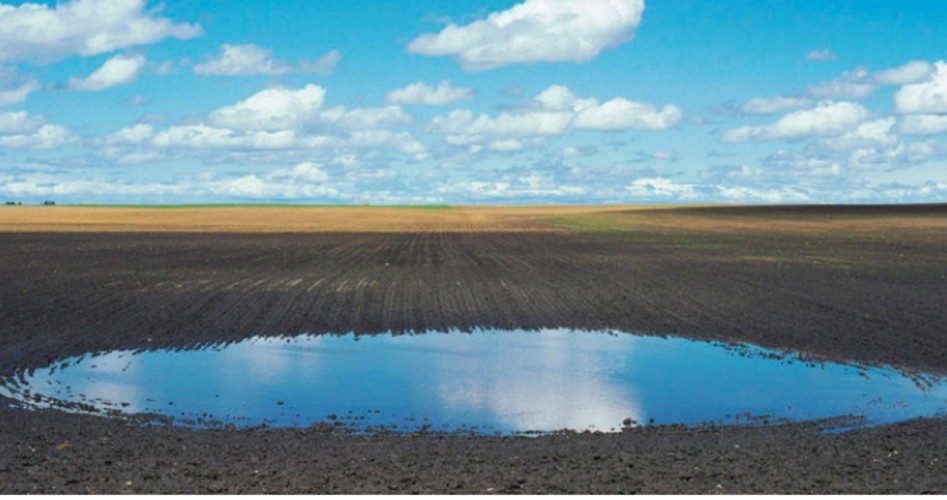
On August 27, Judge Ralph Erickson of the District Court for the District of North Dakota ruled in favor of the 13 states suing to block the Obama administration’s new Clean Water Rule (also known as The Waters of the United States rule), stating that implementation of the rule would threaten the states’ sovereignty. President Obama announced the new environmental rule on May 26, stating that it would be administered by the Environmental Protection Agency (EPA) and the U.S. Army Corps of Engineers. It was scheduled to go into effect on August 28.
An opinion article in the Washington Times on May 27 observed of the new rule:
President Obama’s administration on Wednesday claimed dominion over all of America’s streams, creeks, rills, ditches, brooks, rivulets, burns, tributaries, criks, wetlands — perhaps even puddles — in a sweeping move to assert unilateral federal authority.
Shortly after the new regulations were announced, House Agriculture Committee Chairman Mike Conaway (R-Texas) warned: “This rule in its current form is a massive overreach of EPA authority.”
Such sentiment was echoed in many areas of the United States, and 29 states, along with business interests representing energy, developers, farmers and others, initiated 10 lawsuits to stop the excessive regulations they predicted would seriously harm industry and agriculture in their regions. The suit ruled on by Erickson was brought by 13 states, led by North Dakota, and also included Alaska, Arizona, Arkansas, Colorado, Idaho, Missouri, Montana, Nebraska, Nevada, New Mexico, South Dakota, and Wyoming.
In issuing his decision, Erickson noted:
The States here have demonstrated that they will face irreparable harm in the absence of a preliminary injunction. It is within the purview of the traditional powers of the States to maintain their “traditional and primary power over land and water use.”
Once the Rule takes effect, the States will lose their sovereignty over intrastate waters that will then be subject to the scope of the Clean Water Act.
The EPA issued a statement after the ruling noting that the 13 states that obtained the preliminary injunction are not subject to the new rule, and instead continue to be subject to the prior regulation. However, for all other states, the rule would become effective on August 28.
Back in May, during a “press gaggle” aboard Air Force One, AP’s White House press correspondent Darlene Superville told Deputy Press Secretary Eric Schultz that many farmers and business people are complaining about the cost that would be imposed on them by the new rules and asked, “What cost estimates does the administration have for the financial cost that they would bear?”
Schultz provided a typically bureaucratic answer that minimized the potentially costly effects of the new rules :
Zero. It’s important to note that this rule has no direct cost to a community, business or individual. It only applies if someone is going to pollute or destroy a body of water and needs a permit. So money and time will actually be saved by all involved because we will not have to deal with long, drawn-out, case-by-case basis for those determinations. Any cost would come from applying for permits and complying with the rule.
The Washington Times reported that Erickson’s ruling was encouraging to some on Capitol Hill, and quoted Julia Slingsby, spokeswoman for the House Natural Resources Committee:
The Waters of the United States rule is unlawful and an abuse of executive power. The judge’s decision to block the rule — which was challenged by 13 states — is encouraging, especially as EPA’s credibility has been questioned in the past month. The EPA needs to be stopped before it does more harm to our nation’s precious water resources.
Related article:
Obama Administration’s New EPA Rules Expand Control Over All Waterways


